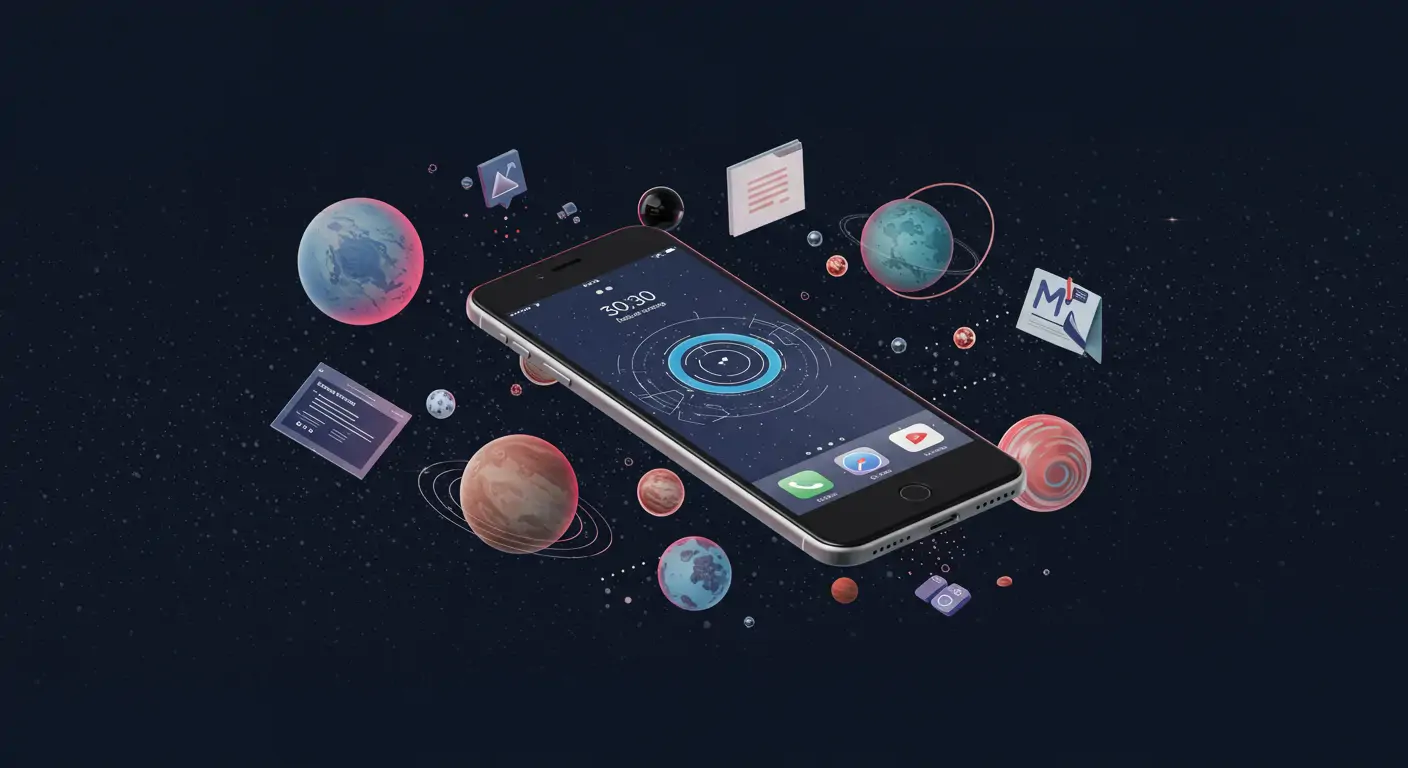Introduction: Why This Matters Now
The landscape of application development is rapidly evolving, with AI-driven testing at the forefront. A recent report highlights that AI-powered tools have reduced time-to-market by 60% in 2025, signaling a transformative shift in the industry. For developers and businesses alike, this trend means faster deployment cycles, increased productivity, and significant cost savings. This article will delve into how AI-driven app testing is reshaping the market and what it means for the future of software development. Estimated read time: 10 minutes.
The Current State: What's Happening Right Now
As of 2025, AI-driven app testing has become a critical enabler in software development, with major players like Applitools, Test.ai, and Functionize leading the charge. A 2024 IDC study reports that 78% of Fortune 500 companies have integrated AI into their app testing workflows, a sharp rise from 45% in 2023. The traditional testing approaches, characterized by manual processes, struggle with scalability and speed, often leading to delayed product launches and increased costs.
Caption: Data visualization
Key Drivers: What's Fueling This Trend
Driver 1: Technical Advancements in AI
AI technologies, particularly machine learning algorithms, have matured significantly. Tools now leverage predictive analytics to identify potential bugs before they occur, streamlining the entire testing process.
Driver 2: Economic Pressure for Efficiency
With increasing competition, companies are under immense pressure to reduce costs and improve efficiency. AI-driven testing provides a solution by automating repetitive tasks, reducing the need for large QA teams.
Driver 3: Demand for Faster Deployment
In a fast-paced digital landscape, time-to-market can make or break a product's success. AI testing tools help mitigate this by speeding up the testing phase without compromising on quality.
Real-World Impact & Case Studies
Case Study 1: Spotify
- Spotify implemented AI-driven testing in 2024
- Achieved 70% faster release cycles
- Reduced testing costs by 45%, leading to better resource allocation.
Case Study 2: Netflix
- Adopted AI testing to handle large-scale app updates
- Increased testing accuracy by 60%
- Enhanced user experience through reliable app performance.
Industry Implications
For Developers
- Learn AI testing tools like Test.ai
- Opportunities in high-demand roles as QA engineers evolve.
For Businesses
- Strategic shift towards AI tools
- Gaining a competitive edge through faster delivery.
For Investors
- Opportunities in AI-focused tech startups
- Consideration of rapid industry adoption pace.
Challenges & Criticisms
While AI-driven testing offers numerous benefits, skeptics point to potential issues such as dependency on AI systems and the need for significant initial investment. Additionally, the rapid integration of AI could outpace regulatory frameworks, leading to compliance challenges.
Future Outlook: What's Next
In the next 6-12 months, expect further integration of AI with existing development tools, enhancing capabilities and streamlining workflows. Over 2-3 years, AI-driven testing will likely become the standard, with continuous innovations in AI further reducing costs and improving efficiencies. Key milestones to watch include partnerships between AI startups and major tech firms, and advancements in AI algorithms making testing even more intuitive and effective.
Frequently Asked Questions
- What is AI-driven app testing? AI-driven app testing uses machine learning algorithms to automate and optimize the app testing process.
- How does AI testing reduce time-to-market? By automating repetitive tasks and predicting bugs, AI testing speeds up the development cycle.
- Are there risks associated with AI testing? Potential risks include over-reliance on AI and initial costs of implementation.
- What skills do developers need for AI testing? Knowledge of AI tools and understanding of machine learning principles are crucial.
Conclusion: Key Takeaways
- AI-driven testing is significantly reducing time-to-market by automating traditional testing processes.
- Developers should upskill with AI tools for future readiness.
- Businesses gain competitive advantages with faster deployment and cost savings.
- Investors should look for opportunities in AI-driven tech solutions.
- Learn more about AI in tech by exploring industry reports and case studies.




